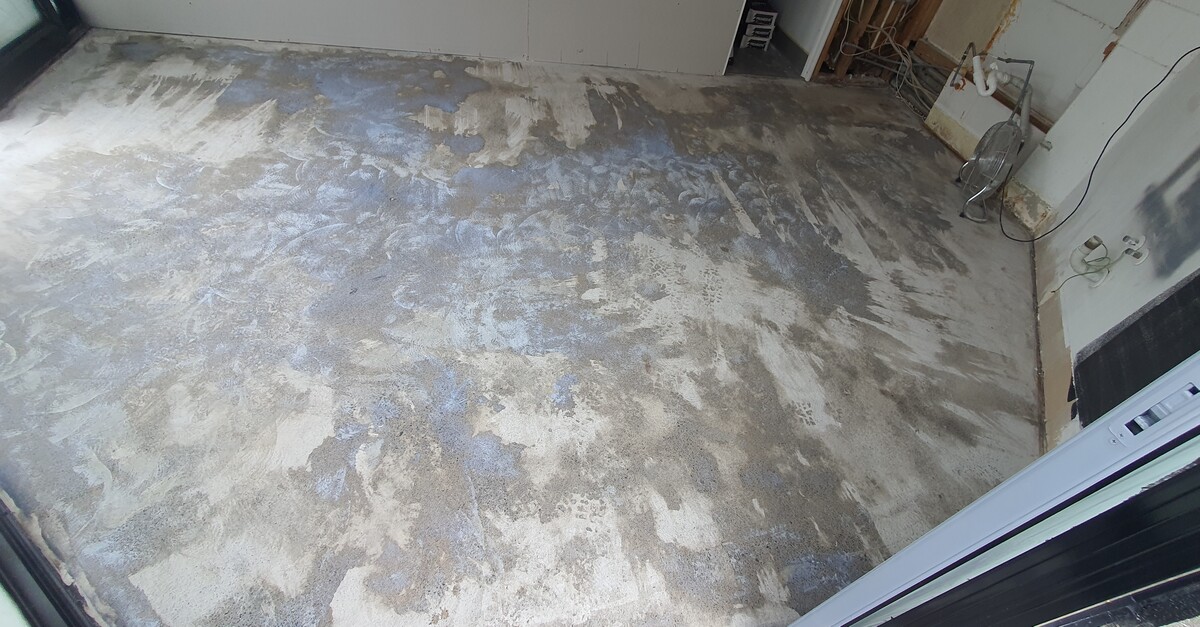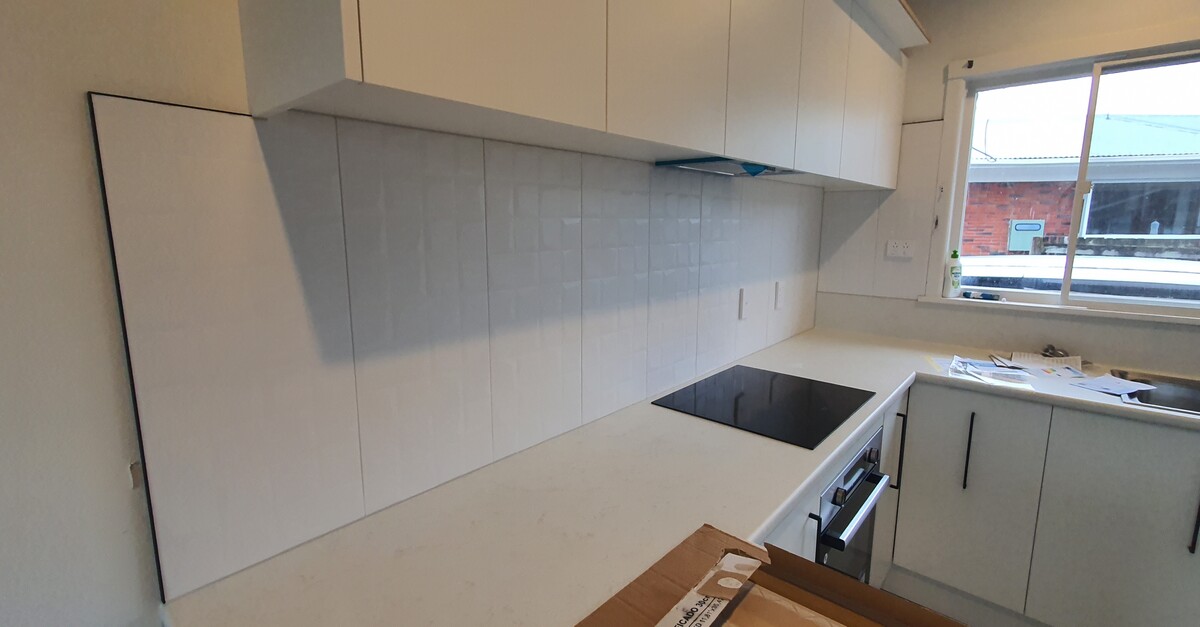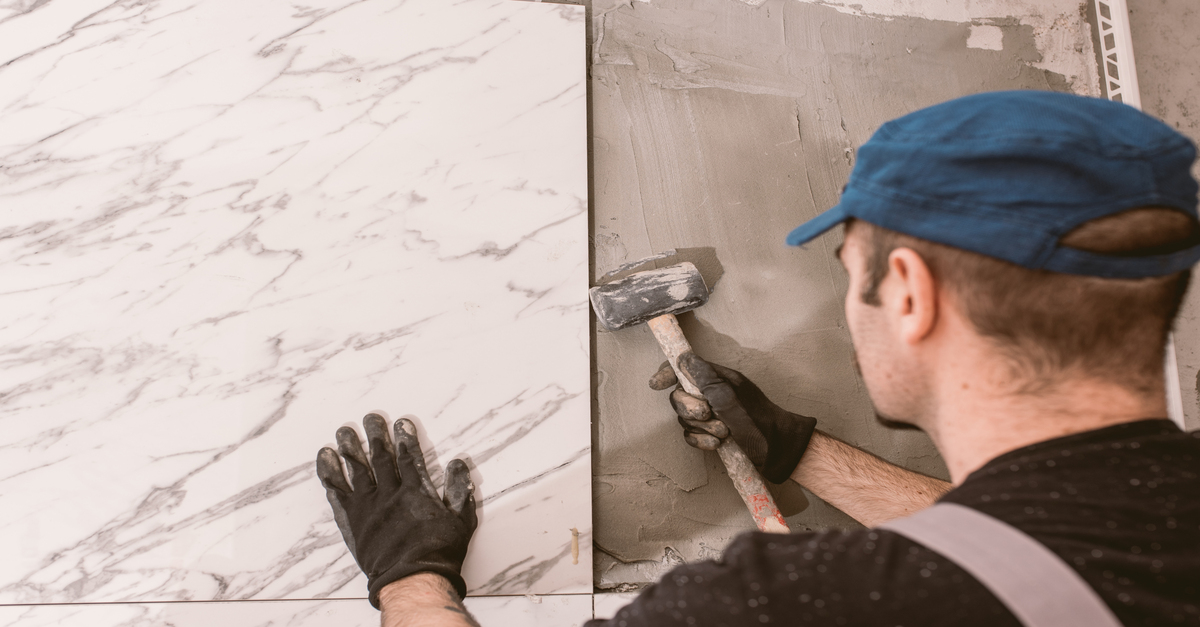
Table Of Contents
Grout Sealer Application Techniques
When it comes to Grout Sealing techniques, there are two main methods commonly used: sponge application and spray application. The sponge application method involves pouring the sealer directly onto the grout lines and using a clean sponge to work the sealer into the grout. This method is effective for small areas or when dealing with highly porous grout.
On the other hand, spray application involves using a spray bottle to mist the sealer onto the grout lines. This method is more suitable for larger areas as it allows for quicker coverage. Whichever technique you choose for your Grout Sealing project, ensure that you follow the manufacturer's instructions carefully to achieve the best results and long-lasting protection for your grout lines.
Sponge Application Method
When it comes to grout sealing, the sponge application method is a popular technique employed by many DIY enthusiasts. This method involves using a clean sponge to apply the sealer onto the grout lines. To begin, ensure the grout lines are clean and dry before starting the application process. Then, dip the sponge into the sealer and gently press it onto the grout lines, ensuring full coverage.
It is important to work in small sections at a time to prevent the sealer from drying on the tiles. Once the sealer is applied, allow it to penetrate the grout for the recommended time as per the manufacturer's instructions. After the specified time has elapsed, wipe off any excess sealer from the tiles using a clean cloth. Repeat this process until all the grout lines are adequately sealed, providing protection and longevity to your tiled surfaces.
How Often Should You Reseal Grout?
Grout sealing is an essential step in maintaining the integrity and appearance of your tiled surfaces. So, how often should you reseal grout? The frequency at which you should reseal grout largely depends on the type of sealer used, the amount of wear and tear the grout endures, and the specific conditions of the area where the grout is located. As a general rule of thumb, it is recommended to reseal grout every one to three years to ensure optimal protection and longevity.
Factors such as high moisture levels, heavy foot traffic, and exposure to harsh cleaning chemicals can all contribute to the breakdown of grout sealer over time. Therefore, it is important to regularly inspect the condition of your grout and monitor for signs of wear. By staying proactive and maintaining a consistent grout sealing schedule, you can help preserve the beauty and functionality of your tiled spaces for years to come.
Factors to Consider
When considering grout sealing, it is essential to take various factors into account to ensure optimal results. The type of grout and the location of the tiled area are crucial elements to consider. For instance, using the right sealer for different types of grout, such as sanded or unsanded, is vital for effective protection. Additionally, assessing whether the area is high-traffic or prone to water exposure will help determine the level of sealing required for durability.
Another factor to consider is the maintenance and cleaning routine of the tiled surface. Understanding how often the grout will be exposed to potential staining agents or moisture will influence the choice of sealer and the frequency of resealing. Moreover, the aesthetic preference of the homeowner should also influence the decision-making process of grout sealing. Opting for a sealer that enhances the colour of the grout can contribute to the overall appearance of the tiled area.
DIY vs Professional Grout Sealing
When it comes to grout sealing, individuals often contemplate whether to take on the task themselves or hire a professional. While opting for a do-it-yourself approach can save money initially, it requires time, effort, and attention to detail. DIY grout sealing involves purchasing the necessary materials and tools, meticulously following application instructions, and ensuring proper ventilation during the process. On the other hand, professional grout sealing guarantees expertise and efficiency, as professional contractors possess the skills and experience to deliver a flawless finish.
Considering the intricacies of grout sealing, one must weigh the cost implications. DIY grout sealing may seem cost-effective upfront, but factors such as the potential need for reapplication due to improper sealing or the risk of damaging tiles during the process can result in added expenses. Professional grout sealing services, although priced higher, offer a comprehensive solution that includes expert application, durable protection, and peace of mind. Ultimately, the decision between DIY and professional grout sealing hinges on individual preferences, budget constraints, and the desired level of quality and convenience.
Cost Comparison
When comparing the cost of DIY grout sealing versus hiring a professional service, it is essential to consider several factors. DIY grout sealing kits purchased from hardware stores are typically more budget-friendly than hiring a professional. However, it is important to note that the quality of the products and tools used in DIY projects may not always match the durability and longevity offered by professional services.
Professional grout sealing services may come at a higher cost initially, but they often yield better results and require less frequent resealing. By investing in professional grout sealing, homeowners can potentially save money in the long run by avoiding the need for frequent touch-ups or reapplications. When weighing the costs of DIY versus professional grout sealing, it is crucial to consider the long-term benefits and overall quality of the results.
FAQS
What is grout sealer?
Grout sealer is a protective substance that is applied to grout lines to prevent moisture, dirt, and stains from penetrating the grout and causing damage.
Why is it important to seal grout?
Sealing grout helps to prolong the life of your grout by preventing moisture and dirt from seeping in, which can lead to staining, mold growth, and deterioration of the grout over time.
How do I know if my grout needs to be resealed?
You can perform a simple water droplet test to determine if your grout needs to be resealed. Place a few drops of water on the grout lines and see if the water beads up or is absorbed. If the water is absorbed, it is time to reseal the grout.
Can I seal grout myself or should I hire a professional?
While sealing grout can be a DIY project, hiring a professional may ensure a more thorough and long-lasting seal. Consider factors such as the size of the area, your experience level, and the cost when deciding whether to seal grout yourself or hire a professional.
How long does grout sealer last?
The lifespan of grout sealer can vary depending on factors such as the type of sealer used, the amount of foot traffic in the area, and the maintenance of the grout. In general, it is recommended to reseal grout every 1-3 years for optimal protection.



